Local governments vital for democracy, good governance: Khalid Rahman
As the constitution is fundamental to governance, there is a need to strengthen the electoral system and empower local governments in the light of directives of the constitution to ensure the quality of representation and the effective role of legislators in parliament.
This was observed by Khalid Rahman, chairman IPS, during an interactive session with the undergraduate students of the University of Malakand (UoM), Khyber Pakhtunkhwa, who visited IPS on March 16, 2023, on an exposure trip. The group headed by Mairaj Ul Hamid Nasri, lecturer UoM, also included Sher Hassan, lecturer UoM, Sajid Khan, lecturer UoM, and Mubarak Zeb. The visit of the eighth semester students from the Department of Political Science was aimed at introducing them to IPS and its activities on public administration and governance.
Pakistan’s constitution is an excellent document which is based on consensus and reflects the aspirations of the people. While issues do exist in the governance framework, they emerge from the lacking of decision-makers who are in positions to run the state and not the constitution itself, as portrayed by some factions, said Khalid Rahman.
Therefore, in order to adjust or align the constitution with contemporary developments or issues, a proper method of amendments should be the suitable way. In this regard, there is a need for institutional reforms, he stressed.
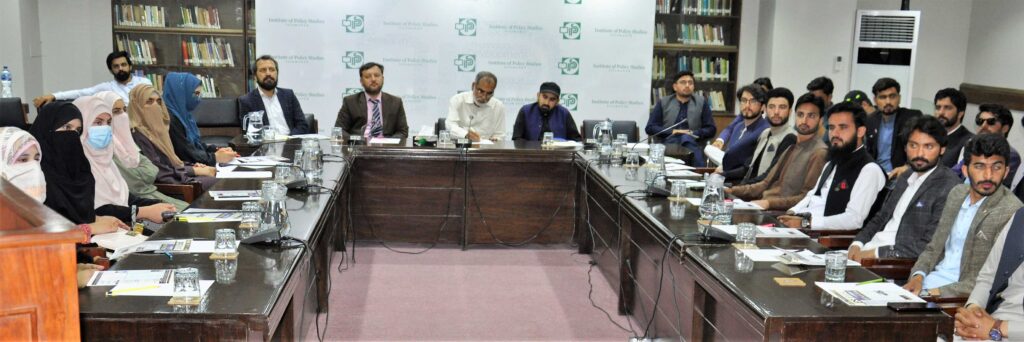
As parliament is the most important institution in the governance framework, it must demonstrate a good representation of honest and capable people. Since the most serious shortcoming in Pakistan’s governance framework is the electoral system’s incapacity to elect honest and competent candidates, there is a need for electoral reforms, i.e. an electoral system based on a proportional representation model. He further said that changing the electoral system can address many of the contemporary governance difficulties.
Moreover, it must be realized that several elements work behind the scenes to bad-mouth and malign Pakistan under an agenda. Apart from targeting the constitution and institutions, these elements also target the ethnic diversity of Pakistan to change the perspectives of multiple identities and inject social conflict and divisions between different ethnic identities.
As collectivism comes from the highest identity, the people of Pakistan, particularly the youth, must not fall victim to such attempts that target the positive diversity of Pakistan to bring division and isolation.
Earlier, the students were introduced to IPS’ background, research areas, contributions to a variety of issues, and strong institutional relationships and linkages with several top-tier universities and educational institutions in Pakistan to facilitate students’ research in a variety of policy-oriented topics.
At the end of the session, Nasri thanked Rahman for an impactful interaction with the students and IPS for hosting them.
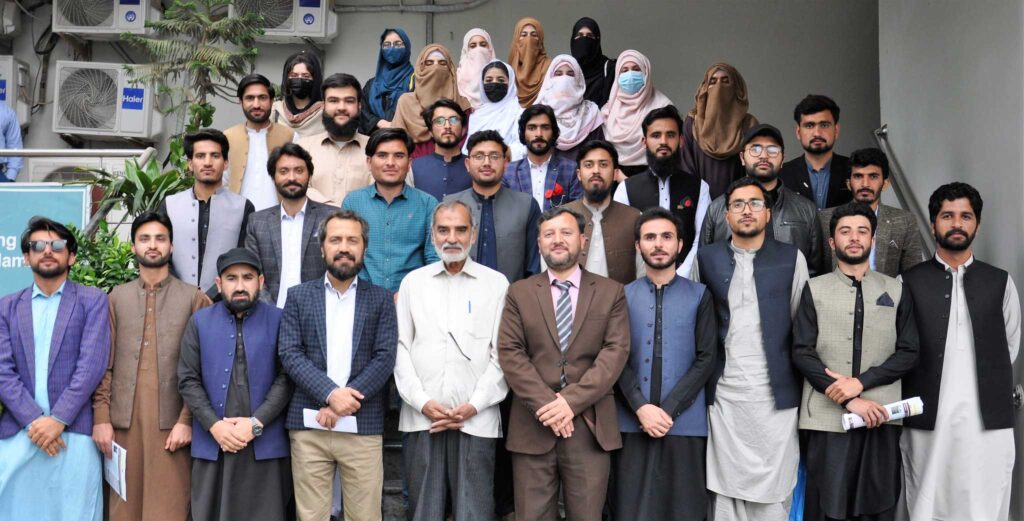


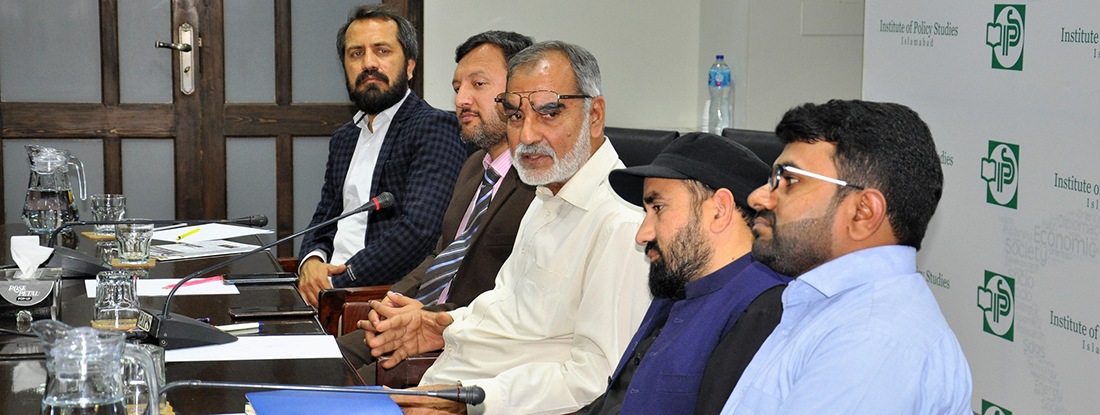
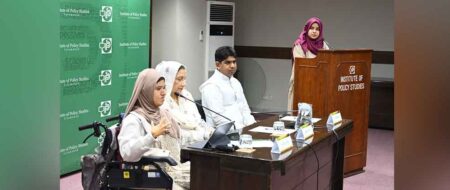
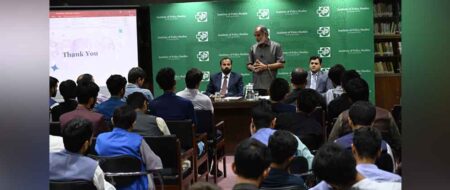
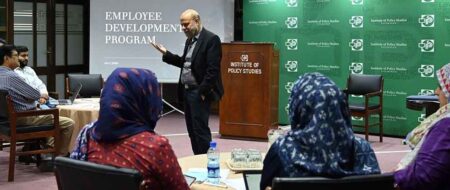
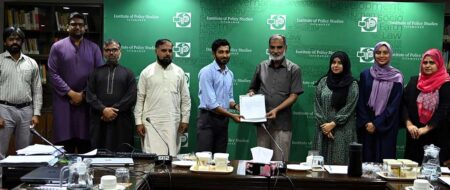
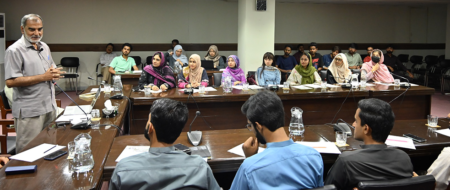


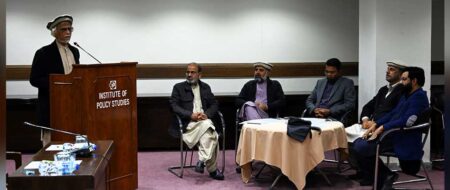
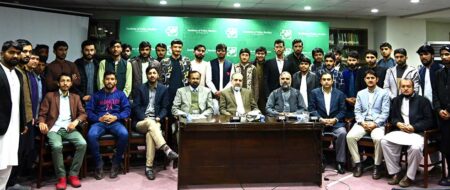
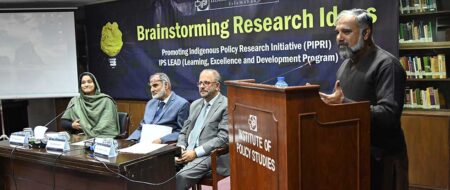
Comment (1)
We are grateful for arranging a such fruitful session. We learnt a lot in the brief session. I thank Mr Khalid Rehman for he entertained my question during the session.
The overall staff make the environment conducive for learning.
Comments are closed.